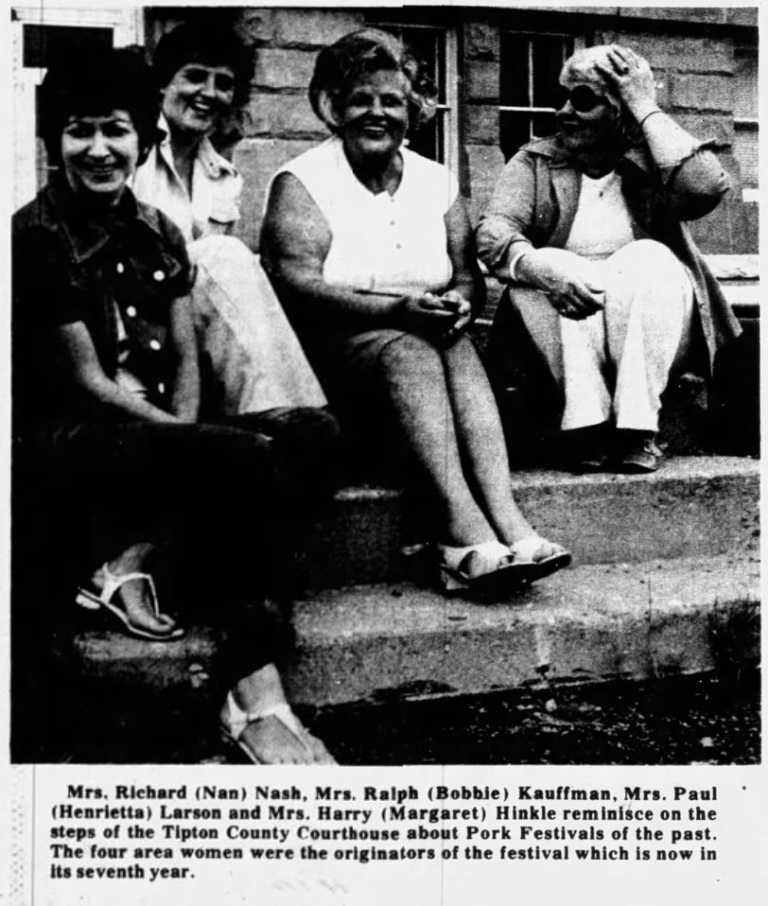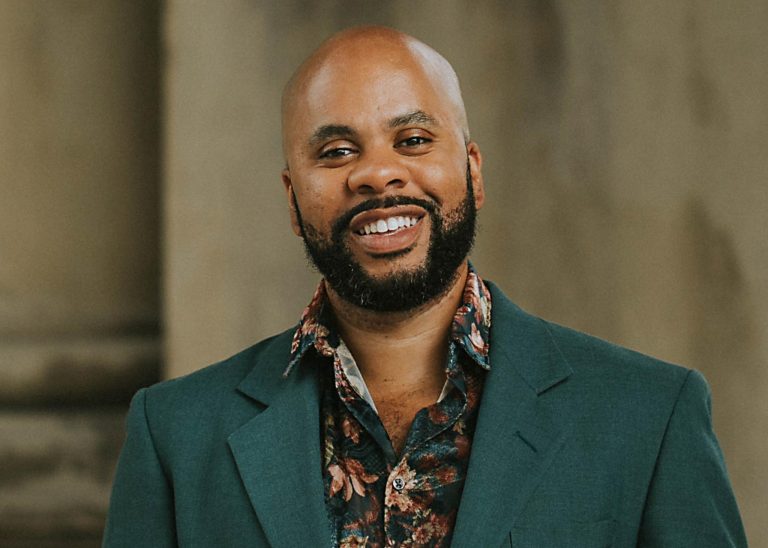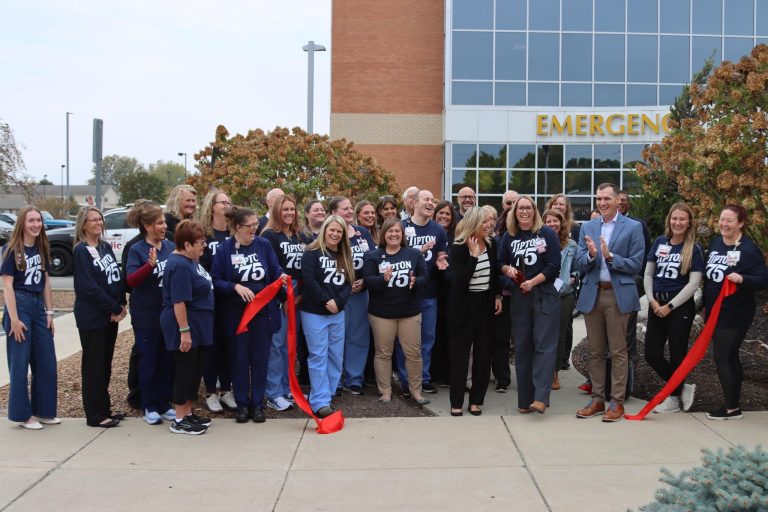(Editor’s Note: This article was first published in the Tipton County Tribune on September 3, 1975 in recognition of the 7th annual Tipton County Pork Festival. Some edits have been made for clarity.)
The Pork Festival owes its beginnings to Mrs. Paul Larson and Mrs. Harry Hinkle, and to two other hard-working area women — Mrs. Richard (Nan) Nash and Mrs. Ralph (Bobbie) Kauffman — who took it upon themselves to promote one of the county’s most abundant and important products. At the same time, the women hoped to unite rural and city residents in a project of interest to all, while providing a “party type atmosphere.”
In 1968, Mrs. Hinkle lived on Route 2 in Atlanta, and Mrs. Larson lived on Route 1 in Windfall. They both worked on the Tipton County Farm Bureau’s committee that promoted farm products. Mrs. Nash lived on Route 1 in Sharpsville, and Mrs. Kauffman lived on Route 1 in Atlanta. All four women were married to pig farmers and worked with the Farm Bureau.
At first, the women’s job was to promote pork products. They would hand out pork recipes and give people samples of cooked pork at grocery stores. But they got bored with this and wanted to try something new. They first thought about having a pork barbecue contest. Then they decided to add a dance. They planned to hold everything on the Tipton County Courthouse lawn.
The four women knew they needed money to make their festival work. So they went to local business owners to ask for help. They got more support than they expected. When they talked to Ned Grayson at Hy Line Chicks in Tipton, he gave them a great idea. Grayson had helped with a Persimmon Festival in Mitchell, Indiana. He said Tipton County could do something just as good.
“Things really started rolling,” Mrs. Larson remembered. “And one thing just led to another.” Soon the women were planning much more than a dance and barbecue. They added an art show, food stands, pork displays, and other fun activities. This made Tipton County’s first Pork Festival a huge success.
Henrietta and Bobbie knew how to order food because they had helped with the Farm Bureau’s July 4th barbecue at the local fairgrounds. So they were put in charge of ordering food for the festival. Their friends didn’t know that these same women had once ordered five tons of charcoal for a community barbecue! But their work turned out well.
That first year, they served 6,000 pounds of pork cooked over coals in cut-open barrels. They used 20 gallons of barbecue sauce. They ran out of everything in the food tent, even though they tried hard to keep up with all the orders. Frank Larson was the head chef then, and he still is today. He says the festival now sells about 15,000 pounds of pork over three days. They also make and use 75 gallons of barbecue sauce each year.
The women knew they needed to tell people about their festival to get crowds to come to Tipton County. Nan, Margaret, and Henrietta decided to go on the Bob Braun show, which was on TV in Cincinnati. They traveled to Ohio to “put in a plug for pork.” Nan even won an extra-large bathing suit while she was on the show.
They also promoted the festival on the Jim Gerard and Harry Martin shows from Indianapolis. When they went on Harry Martin’s show, Henrietta and Margaret brought a baby pig with them. “All I remember about that trip,” says Margaret Hinkle, “is that it was so hot we stopped at a drive-in restaurant and got a Coke. We couldn’t use the car’s air conditioning because we were afraid the pig would get sick. So we gave it Coke to keep it cool on the way home.”
The four women who started the festival remember many funny things that happened. They remember falling asleep on sacks of food outside the food tent when they had breaks. They would take short naps whenever they could. They also remember trying to get more organized and choosing their first festival committee and chairman.
Both Margaret and Henrietta still work on the festival’s board of directors. They continue to help make each year’s festival successful. “It’s been a lot of work and sometimes a bit of heartbreak,” all four women agreed. “But we wouldn’t trade the experience for anything in the world.”



